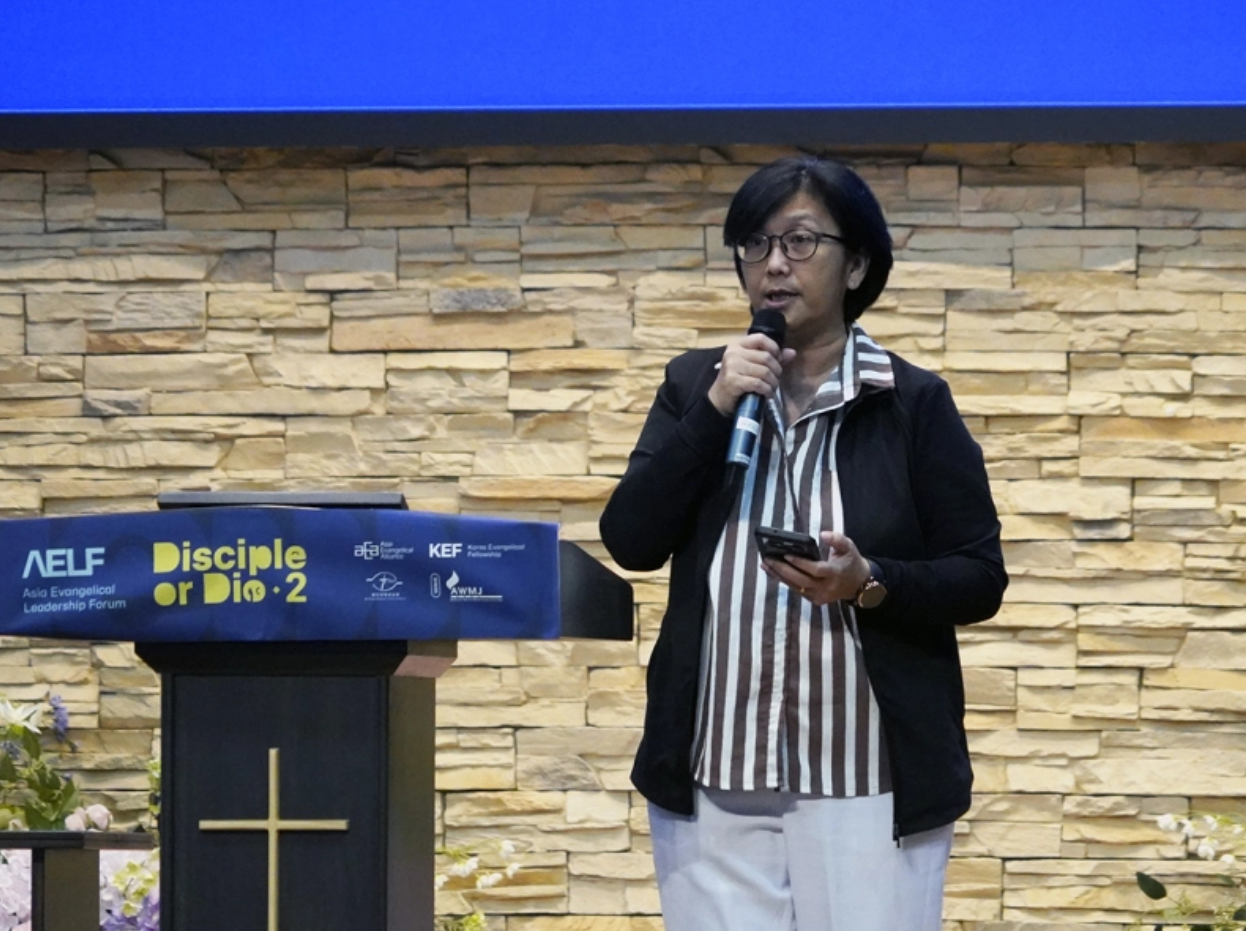Ten Christian schools were examined to see if they are affected by religious elements. The goverment proposed to ban new denominational schools, but many associations reject it.
The Swedish Schools Inspectorate has finished the special supervision of denominational private schools that started last year to see if teaching is affected by religious elements.
The public entity has conducted interviews over several days, to “examine whether the schools’ teaching could be considered factual, comprehensive and based on science and proven experience, as well as whether education and teaching are conducted in accordance with the curriculum values”, reported Swedish newspaper Varlden idag.
The Christian Independent Schools Council has informed that ten Christian schools have been approved by the Inspectorate without any remarks for improvement
Only one school had a remark, concerning “the curriculum’s values that led to a request to the school to draw up a plan against abusive treatment in cooperation with the students”.
A Jewish school in Gothenburg and a Muslim school in Stockholm have also been examined, but neither of them received a remark.
Public consultation for potential ban of denominational schools
The government opened a public consultation about apotential ban of new independent schools on April 11 which finished on May 13. Some organisations complaint that the consultation period was very short. “It had not been possible for the authority to make more than general views on the proposals, which raises complex balances of interests”, said the Children’s Ombudsman.
According to the Swedish newspaper Dagen, the proposal of the Swedish government has been criticised by many government advisors such as the National Association of Independent Schools, the Institute for Human Rights and the Swedish Teachers’ Association.
The Christian Free School Council and the Discrimination Ombudsman have also been very critical.
The Teachers’ Association stated that the arguments against denominational schools should be handled “within the framework of other regulations”. They told Dagen that the School Inspectorate is responsible for supervising schools and it is essential to increase state control over the creation of independent schools in general, not only the denominational ones.
Meanwhile, the National Agency and the National Union of Teachers, among others have spoken out their support for the proposal, and the city of Malmö even pointed out that the ban does not go far enough and asked for a ban of denominational preschools as well.
“The ban is disproportionate”
Ulla Hamilton, CEO of the national federation of Independent Schools stressed that “the State shall respect the right of parents to provide for their children the education and teaching which are in accordance with their religious and philosophical convictions”.
“The government claims in its proposal that the rights are met by parents themselves being able to teach their children according to the religious beliefs in their free time. But these are just excuses to avoid acknowledging European convention content it is uncomfortable with. The EU clearly states that it is the responsibility of the state to ensure that children and their parents receive this education”, she wrote in Altinget newspaper..
According to Hamilton, “the ban is disproportionate”, because “out of approximately 1.1 million pupils in primary school, barely 0.9% attend a confessional school, a very modest proportion in relation to the drastic measures proposed”.
“The government has a responsibility to honour the commitments made by Sweden. The conventions we have signed are rooted in important principles and are not something to be trivialised on the basis of the Social Democrats short-term election tactics,” concluded the CEO of the national federation of Independent Schools.
Originally published on The Evangelical Focus
(c) Evangelical Focus, used with permission




